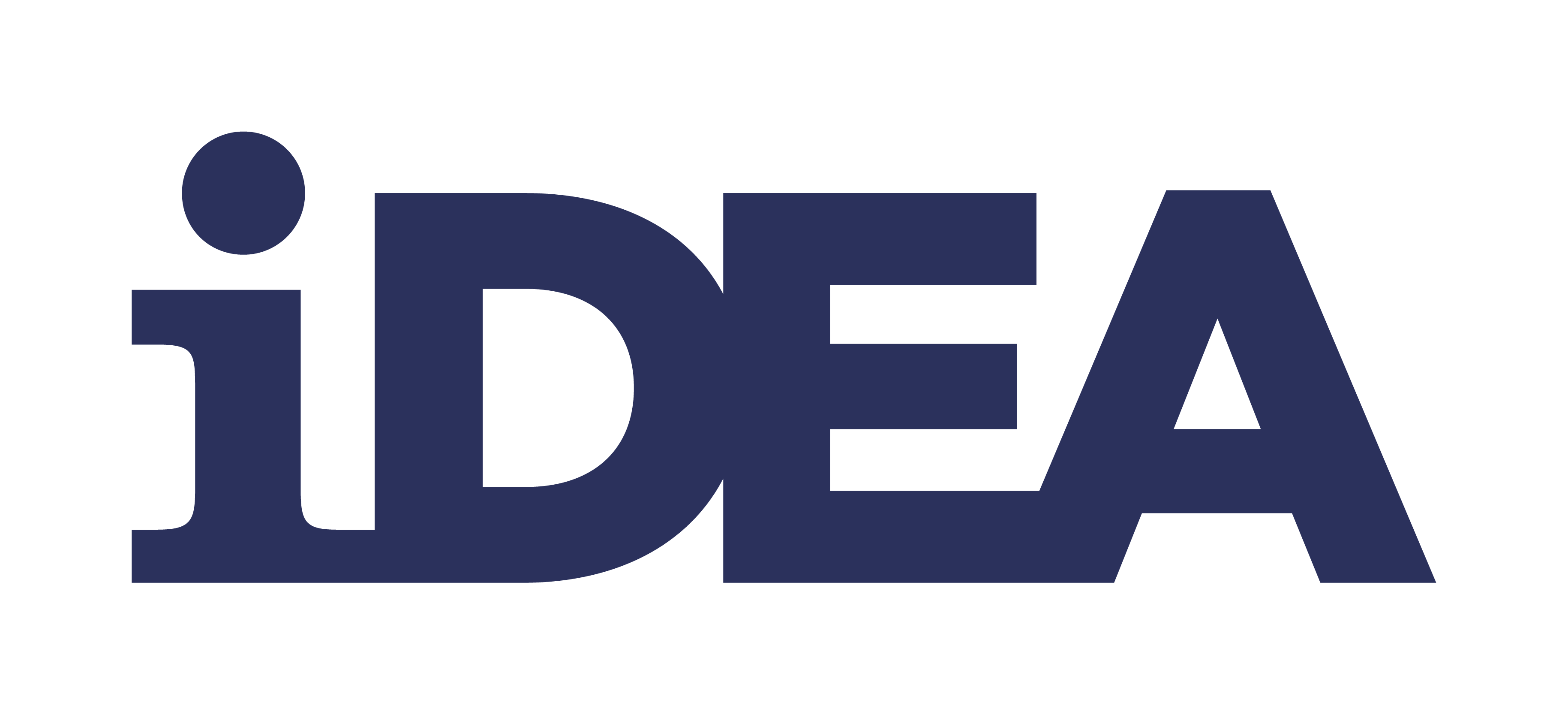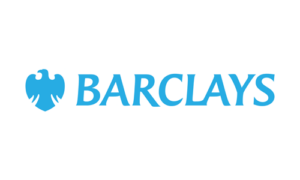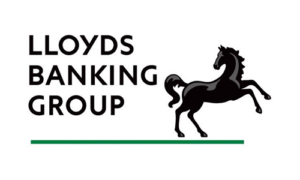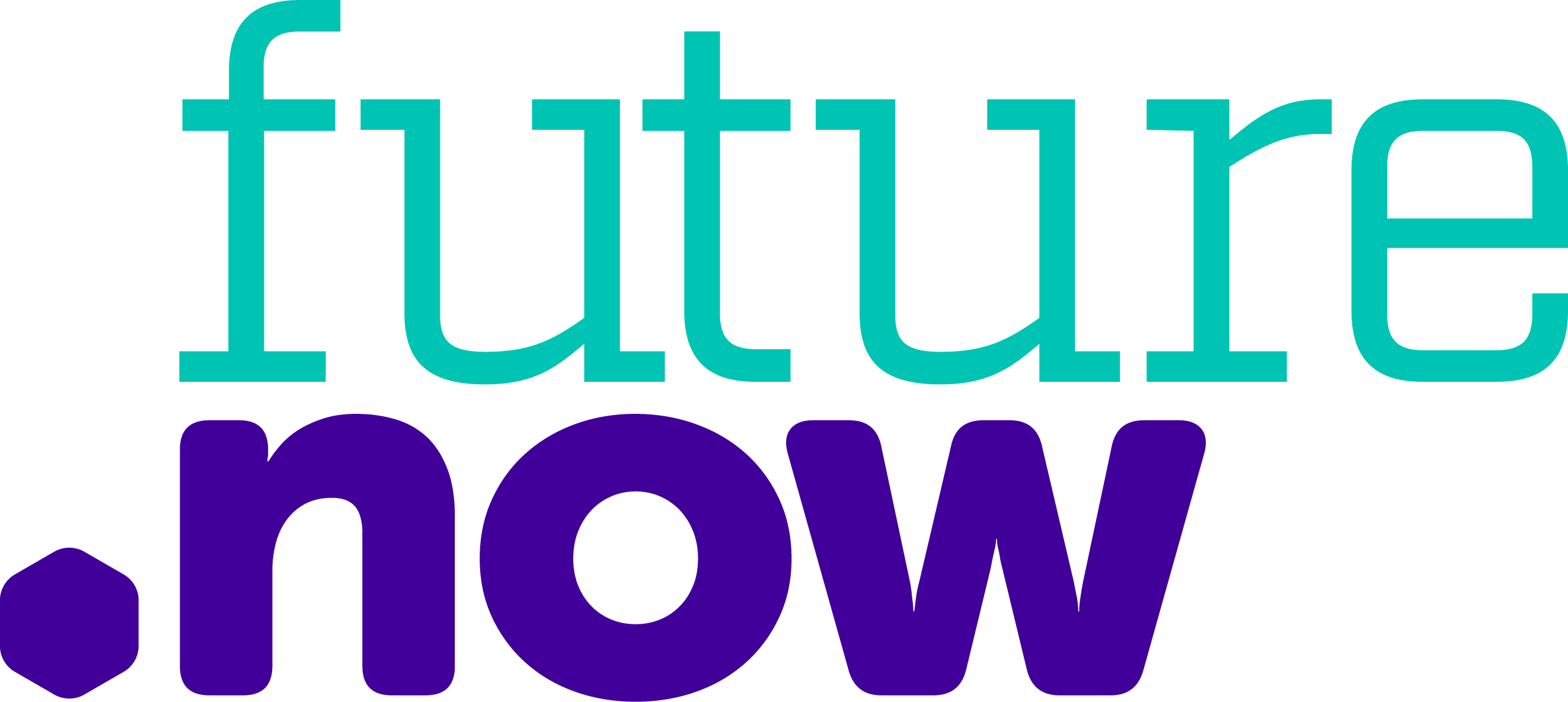An overview of five of the most popular approaches organisations use to equip employees with the digital basics.

Big bang culture shift
For organisations seeking rapid and far-reaching change, with employees and the organisation benefitting quickly from upskilling.

Embedded learning
For organisations looking to gradually build up the Essential Digital Skills of their employees and change its culture.

Peer support
For organisations who have a strong focus internally on people and building relationships.
Learning partner
For organisations who may not have the in-house knowledge, skills or capacity to deliver an Essential Digital Skills learning
programme.
Trailblazer
Big bang culture shift
Who it’s for
Businesses wanting rapid and far-reaching organisational change, leading to employees and the organisation benefitting quickly from upskilling.
What it involves
- Commitment from the top to build basic digital skills at every level.
- Immersive engagement events that convene colleagues from all departments and levels. These sessions build awareness of the link between digital skills and business strategy and heighten motivations to upskill.
- Training focuses on why digital matters to individual and business, and gives people tools and motivation to develop their skills. Participants are encouraged to continue learning after the session, and supported to develop a digital mindset.
Delivery method
- Face-to-face events bring together a wide range of colleagues, build excitement and interest, break down barriers associated with digital, and inspire people to build their skills.
- Post-event access to learning resources.
Potential benefits
- High success rates – most participants report increased digital confidence. Organisations see better uptake of company tech and fewer IT helpdesk calls.
- Company-wide programme demonstrates importance of the initiative and creates a positive environment for change.
- Consistent training for everyone.
Level of sponsorship required
C-suite
Cost
£££
Organisations using this model

Case study
Lynsey Marshall, Head of Adoption (Digital and Data) for Marks and Spencer discusses how M&S has used the ‘big bang culture shift’ model to engage all its employees with digital, and equip them with essential skills. Read the case study.
Embedded learning
Who it’s for
Organisations looking to gradually build up the Essential Digital Skills of their employees and change its culture.
What it involves
Looking at existing learning programmes and identifying how you can introduce an Essential Digital Skills component to it. Some organisations select key cohorts such as apprentices or new starters, others build this into annual performance and development conversations.
Delivery method
There is a variety of Essential Digital Skills training content available that can be incorporated into your existing training interventions. This content can be delivered online, face-to-face or through other channels.
Potential benefits
- Gradually increasing understanding can lead to higher levels of engagement and proficiency over time.
- Relatively easy to implement, as it is an addition to existing programmes, rather than a new programme.
- Cost-effective because it builds on existing training, and many training resources are freely available.
Level of sponsorship required
Human Resources team
Cost
£
Organisations using this model


Case Study
Andy Rayner, Director of Apprenticeships and Early Careers at Travis Perkins plc told us how the firm is embedding Essential Digital Skills training into its existing apprenticeship programmes. Read the case study.
Peer support
Who it’s for
Organisations who have a strong focus internally on people and building relationships.
What it involves
Training small groups of employees in Essential Digital Skills who share their knowledge with colleagues. These people are often referred to as digital champions or digital accelerators. They help colleagues build digital skills and overcome fears in day-to-day settings, and often encourage more efficient ways of working in local teams.
Delivery method
- After receiving their own training, digital champions provide informal or formal training and support to colleagues.
- Digital champions signpost colleagues to other sources of support.
Potential benefits
- Support from a colleague can inspire and encourage employees to learn.
- Eases pressure on Learning and Development and IT teams.
- Helps to unlock talent and gives digital champions the opportunity to build on their skills, knowledge and experience.
- Results in a meaningful learning experience.
- Strengthens working relationships.
Level of sponsorship required
C-suite
Cost
£
Organisations using this model




Case study
Sarah Brown, Project Manager at Dorset Council tells us how their embedded digital champions programme is improving Essential Digital Skills in the council and beyond. Read the case study.
Learning partner
Who it’s for
Organisations who may not have the in-house knowledge, skills or capacity to deliver an Essential Digital Skills learning programme.
What it involves
- Working with a partner organisation to upskill employees. This could involve trialling different ways of learning to see which works best.
- Digital champions signpost colleagues to other sources of support.
Delivery method
Using a partner organisation’s existing onlineplatform and content. Ideally, this is mapped to 20 work tasks outlined in the Essential Digital Skills Framework.
Potential benefits
- The organisation and its employees benefit from the expert knowledge and experience of a specialist partner.
- Consistent training for everyone.
- Potentially cost-effective – a lot of training is free.
Level of sponsorship required
Human Resources team.
Cost
£-£££
Organisations using this model


Case study
Aaron Price, Digital Education Manager for Nationwide tells us how the building society is working with its learning partner, iDEA, to build the digital capability and confidence of its colleagues. Read the case study.
Trailblazer
Who it’s for
Organisations looking to have a big and visible impact for colleagues and customers.
What it involves
- Creating bespoke branded resources that help to upskill employees and customers.
- Marketing your offer to customers and other organisations.
- Typically, training is not the trailblazer’s core business, but they have recognised the importance of digital skills and are taking a leadership role in building confidence and capability across the UK.
Delivery method
- Bespoke online platforms and content.
- Advertising campaigns to promote your offer.
Potential benefits
- Strong engagement from workforce because of the bespoke, high-quality offer.
- Increased brand reputation, as organisation perceived as a leader in developing Essential Digital Skills.
- More customers moved to digital channels, leading to greater engagement and savings in time and money.
Level of sponsorship required
C-suite
Cost
£££
Organisations using this model


Case study
Anna Collins, Senior Digital Eagles Leader tells us how Barclays’ work to equip colleagues, customers and the public with Essential Digital Skills is establishing it as a leader in this space. Read the case study.
